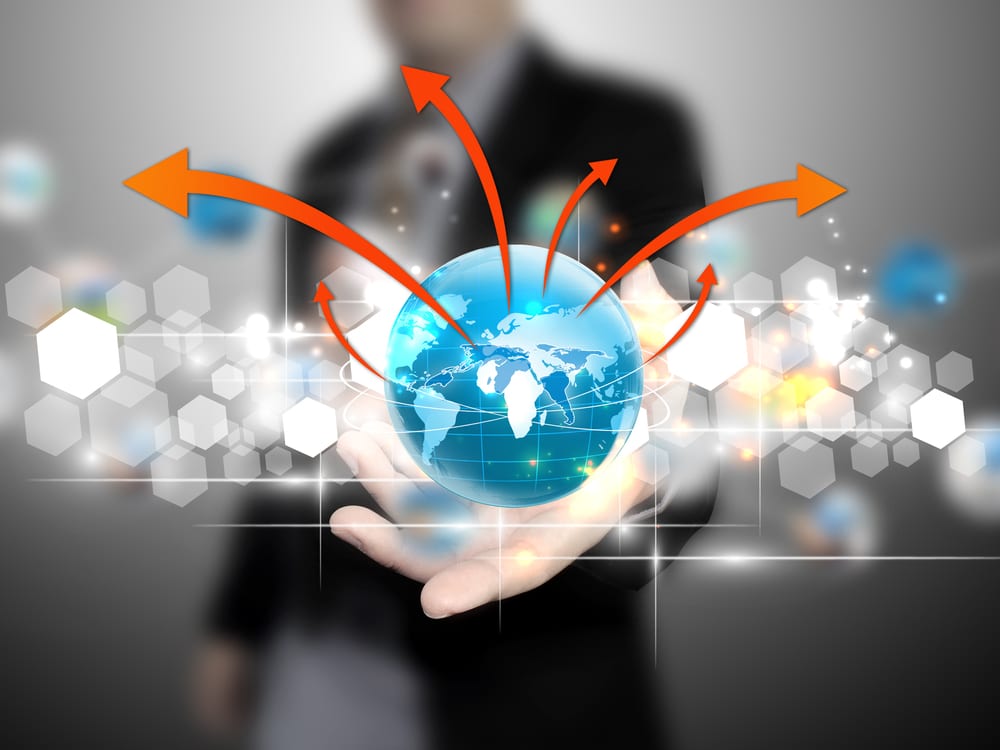International politics, international organizations, global diplomacy, and global security are interconnected elements that shape the world we live in. These aspects have a significant impact on our everyday lives, influencing various aspects such as the economy, culture, and security. In this article, we will delve into the complex dynamics of international politics and explore how they affect our daily lives.
International Relations encompasses the interactions between countries and international actors, including governments, non-governmental organizations, and international institutions. These dynamics are shaped by factors such as power, ideology, resources, and national interests. The decisions made in the realm of international politics have a far-reaching impact on our daily lives, even if we may not always be aware of it.
Understanding International Politics
International politics involves various actors, including nation-states, multinational corporations, and non-state actors such as terrorist organizations. It encompasses a wide range of issues such as trade, diplomacy, conflict resolution, human rights, and environmental policies. Understanding these dynamics is crucial to grasp the impact they have on our everyday lives.
The Role of International Organizations
International organizations play a vital role in shaping global politics. Institutions like the United Nations, World Trade Organization, and International Monetary Fund facilitate cooperation and provide a platform for dialogue among nations. These organizations work towards promoting peace, resolving conflicts, fostering economic development, and addressing global challenges.
The Significance of Global Diplomacy
Global diplomacy acts as a means to establish and maintain relationships between nations. Diplomatic efforts aim to negotiate agreements, resolve conflicts peacefully, and foster cooperation. Through diplomacy, countries can build alliances, negotiate trade deals, and address shared concerns, which ultimately influence the lives of individuals within their borders.
Ensuring Global Security
Global security is a pressing concern in the modern world. International politics heavily influences the state of security at both regional and global levels. Efforts to combat terrorism, nuclear non-proliferation, and cybersecurity are all intertwined with international politics. The decisions made by world leaders and international organizations have a direct impact on the safety and well-being of individuals worldwide.
Economic Implications of International Politics
International politics greatly influence global economic systems. Trade agreements, tariffs, and economic sanctions are examples of policy tools used by nations to further their economic interests. These decisions have consequences for businesses, job markets, and consumer prices, ultimately affecting the livelihoods of people around the world.
Cultural Exchanges and Influences
International politics also shape cultural exchanges and influences. Through diplomatic relations and international cooperation, countries engage in cultural exchanges, promoting understanding and appreciation of diverse traditions, languages, and art forms. The intermingling of cultures enhances our collective human experience and enriches our everyday lives.
Environmental Concerns on a Global Scale
Environmental issues transcend national boundaries and require international collaboration. Climate change, deforestation, and pollution are global challenges that necessitate collective action. International politics plays a crucial role in formulating environmental policies, encouraging sustainable practices, and addressing the long-term well-being of our planet.
Impact on Migration and Immigration Policies
International politics has a direct impact on migration and immigration policies. Decisions regarding border controls, refugee admissions, and immigration laws are influenced by geopolitical considerations and diplomatic relationships. These policies shape the lives of migrants and impact the social fabric of both host and origin countries. Migration and immigration policies have a significant impact on international relations, shaping diplomatic relationships, cultural exchanges, and economic cooperation between nations. These policies govern the movement of people across borders and play a crucial role in addressing global challenges, such as humanitarian crises and economic disparities. In this article, we will explore how migration and immigration policies influence international relations and the various implications they have on the global stage. Migration and immigration policies refer to the regulations and laws established by countries to control the entry, stay, and rights of migrants and immigrants within their borders. These policies are influenced by various factors, including national security concerns, economic needs, and humanitarian considerations. The way countries approach migration and immigration profoundly impacts their relationships with other nations and the broader international community.
The Role of Technology in International Politics
Technology has revolutionized the way international politics is conducted. Cyber warfare, surveillance, and digital diplomacy have become integral components of global interactions. The development and regulation of emerging technologies also depend on international cooperation and policies, influencing the accessibility and impact of technology on our daily lives.
International Politics and Human Rights
Human rights are a fundamental aspect of international politics. The promotion and protection of human rights require cooperation between nations, as well as the involvement of international organizations and civil society. Decisions made at the international level have the potential to safeguard individual freedoms, promote equality, and improve the lives of people worldwide.
Education and Research in a Globalized World
International politics also affect education and research. Exchange programs, academic collaborations, and research partnerships contribute to the advancement of knowledge and the development of human capital. The flow of ideas and expertise across borders enhances educational opportunities and fosters innovation, benefitting individuals and societies alike.
Media and Information Dissemination
Media plays a crucial role in shaping public opinion and influencing international politics. The spread of information, disinformation, and propaganda can impact political narratives and shape the perception of events. Understanding the role of media in international politics is essential for critical thinking and responsible citizenship.
Healthcare and Global Cooperation
Global health challenges, such as pandemics, require international cooperation. International politics influences the allocation of resources, coordination of responses, and distribution of vaccines and medical supplies. Collaborative efforts in healthcare can save lives, mitigate crises, and improve the overall well-being of people worldwide.
International politics has a profound impact on our everyday lives, affecting various aspects such as the economy, culture, security, and human rights. Understanding the dynamics of international politics enables us to comprehend the interconnectedness of the world and make informed decisions as global citizens. By promoting dialogue, cooperation, and sustainable practices, we can work towards creating a more inclusive and prosperous future for all.










 English (US) ·
English (US) ·